Practice what is in the book line by line, engage your opponents, and
gradually you will grasp the principle of the Way. Keep things
unceasingly in mind, but do not be hurried; try your hand from time to
time, and learn the heart of each step. And no matter whom you fight,
know his mind...
If these principles are recalled to mind, you should be able to
discern how to beat any number of opponents on your own. This being
so, grasp the Way of the Martial Arts with the strength of your
knowledge of swordsmanship, for many opponents or only one. See to it
that you temper yourself with one thousand days of practice, and
refine yourself with then thousand days of training.
You should investigate this thoroughly.
Twelth Day of the Fifth Month, Second Year of Shoho (1644)
Shinmen Musashi
(From the "Go Rin no Sho", the Book of Water)
Well, I've had some time to reflect on the experience of making the journey up to Guelph. It was an awesome quest that far exceeded the expectations that I had tried in vain to mute. I extend my most sincere gratitude to Taylor Sensei for sharing his time and vast wealth of knowledge with me. Also, to his deshi, Pam Morgan.
I will cherish the techniques and ideas I was able to come away with and I will assuredly continue to incorporate them into my training in the future. I sincerely look forward to making the trip again to the Sei Do Kai in the spring in order to continue my study of the richly engaging and devastating art of Musashi's Nitenichi-ryu.
But there was another dimension to the trip, beyond gaining technical knowledge that the experience yielded.
I'll sum it up this way:
I often think of Budo as a path that one travels, and I guess I've been walking it for quite some time now. I may have strayed from it at times, or I might have had to sit under a tree and rest at others; but when I really think back about it, I've been able to move some distance down the road over the years.
Going up to Guelph was like finding myself on this path at the foot of a mountain and seeing the path ahead of me, winding up the to the peak; after a long climb I reached the summit only to find the path continuing down the other side and off into the distant horizon, where another range of mountains wait. Musashi said, "The journey of a thousand ri proceeds step by step..."
So I take another step on my journey.
Tomorrow morning I plan to wake up early and head down to a dojo about an hour from here to study with a well-known Sensei that was suggested by Taylor Sensei in order to possibly study the Koryu arts of Shinto Muso Ryu Jodo and Shinto Hatakage Ryu Iai Heiho .
I will cherish the techniques and ideas I was able to come away with and I will assuredly continue to incorporate them into my training in the future. I sincerely look forward to making the trip again to the Sei Do Kai in the spring in order to continue my study of the richly engaging and devastating art of Musashi's Nitenichi-ryu.
But there was another dimension to the trip, beyond gaining technical knowledge that the experience yielded.
I'll sum it up this way:
I often think of Budo as a path that one travels, and I guess I've been walking it for quite some time now. I may have strayed from it at times, or I might have had to sit under a tree and rest at others; but when I really think back about it, I've been able to move some distance down the road over the years.
Going up to Guelph was like finding myself on this path at the foot of a mountain and seeing the path ahead of me, winding up the to the peak; after a long climb I reached the summit only to find the path continuing down the other side and off into the distant horizon, where another range of mountains wait. Musashi said, "The journey of a thousand ri proceeds step by step..."
So I take another step on my journey.
Tomorrow morning I plan to wake up early and head down to a dojo about an hour from here to study with a well-known Sensei that was suggested by Taylor Sensei in order to possibly study the Koryu arts of Shinto Muso Ryu Jodo and Shinto Hatakage Ryu Iai Heiho .
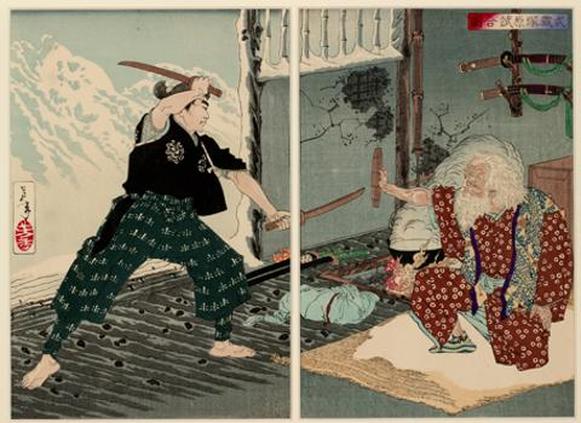
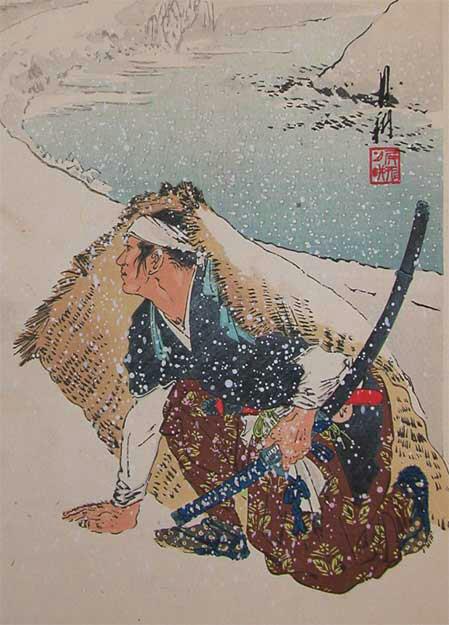
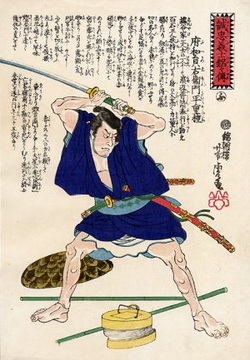
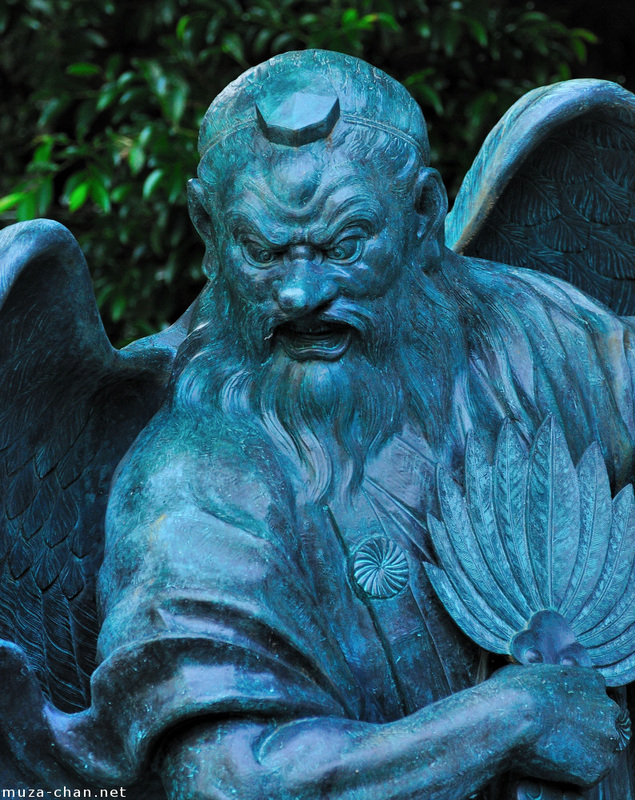
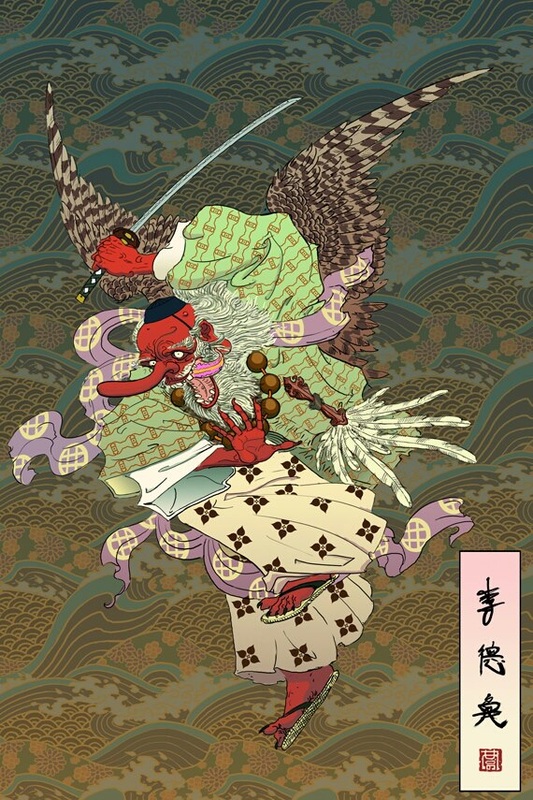
 RSS Feed
RSS Feed